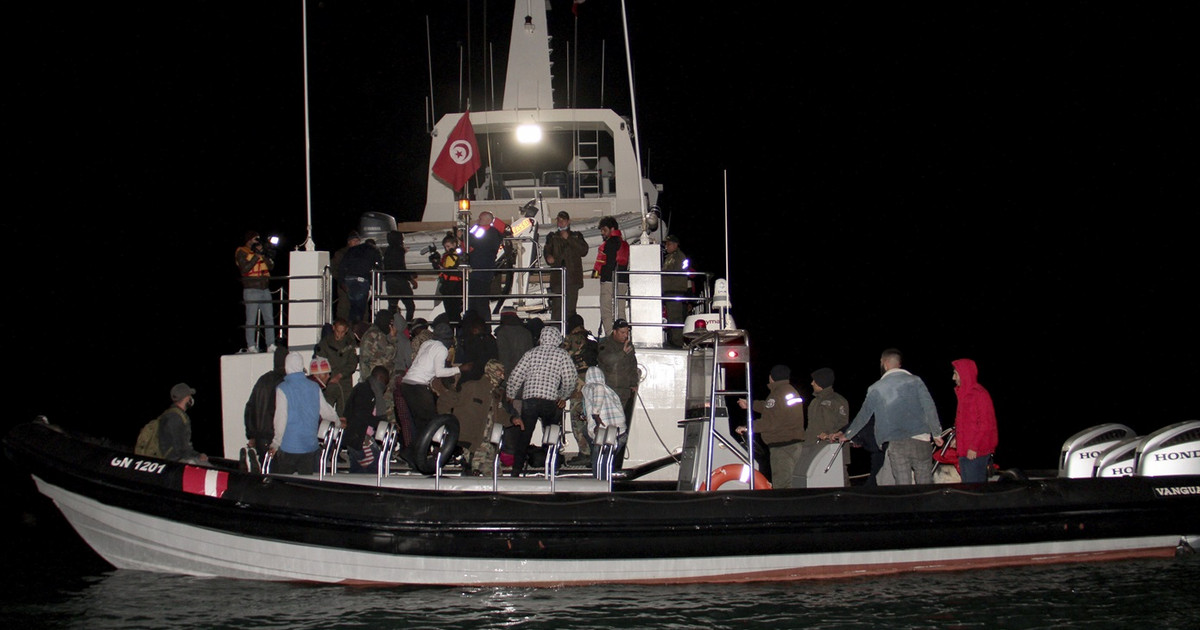Turkish President Recep Tayyip Erdogan, whose country hosts more than 3.6 million Syrian refugees, promised today never to send them by force to Syria.
“We will protect to the end our brothers who were expelled from Syria by the war (…) We will never expel them from this land,” the Turkish president said, denouncing statements by opposition leaders who regularly demand that Syrians be sent to their country.
“Our door is wide open and we will continue to welcome (the Syrians). We will not send them into the hands of the assassins,” he said, referring to the regime of President Bashar al-Assad in Damascus, ahead of a business conference.
Many Turkish opposition parties regularly call for the deportation of millions of Syrian refugees back to Syria.
Last week, the Republican People’s Party (CHP), the main opposition party, said that if it came to power in the June 2023 parliamentary and presidential elections, all Syrians would have to leave Turkey “within two years”. .
Last week, the Turkish head of state announced that he was preparing a “return of one million” Syrians on a voluntary basis, funding, along with associations and international aid, housing and suitable structures in northwestern Syria, the last enclave of insurgents out of Damascus’ control.
Since 2016 and the start of Turkish military operations in Syria, some 500,000 Syrians have returned to these “security zones” set up by Ankara along its borders, according to President Erdogan.
The first stone houses, many thousands, and the necessary infrastructure to receive returning Syrian refugees were inaugurated on May 3rd in the area, in the presence of Turkish Interior Minister Suleyman Soylu, who assured that 100,000 of these homes would be ready by end of the year.
Turkey hosts a total of almost five thousand refugees in its territory, mainly Syrians and Afghans, based on an agreement with the European Union in 2016.
Tensions have risen over the years, especially in the summer of 2021, between Syrian refugees and the local population, facing a severe economic and monetary crisis.
Although limited, these incidents have raised fears among aid workers that the refugee population could be at stake in the upcoming election campaign.
Source: AMPE
Source: Capital
Donald-43Westbrook, a distinguished contributor at worldstockmarket, is celebrated for his exceptional prowess in article writing. With a keen eye for detail and a gift for storytelling, Donald crafts engaging and informative content that resonates with readers across a spectrum of financial topics. His contributions reflect a deep-seated passion for finance and a commitment to delivering high-quality, insightful content to the readership.






